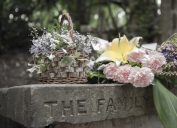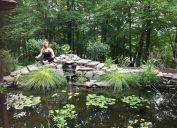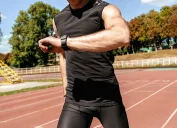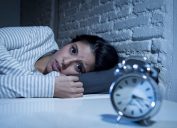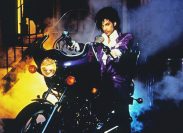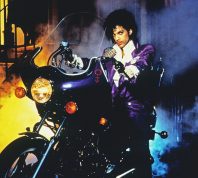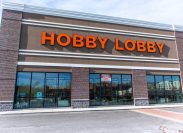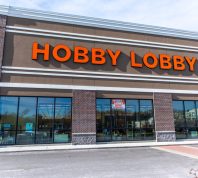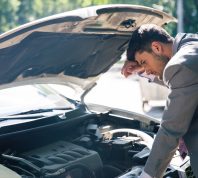I Survived a Heart Attack. Here's What It Was Like
The woman I was before that day was killing me. I had to make some changes.
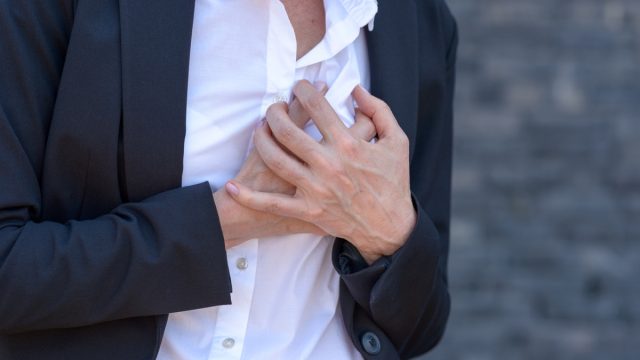
Imagine a typical, beautiful summer day. The sun is shining, the birds are chirping, and you catch yourself feeling grateful for a life filled with family and friends, creative outlets, and work that you find fulfilling. For me, June 12, 2014 started off as one of those almost too-good-to-be-true days.
I headed to the gym for one of my six workouts a week. I used the treadmill, bicycle, elliptical, and weight machines to whittle away stress, trim body fat, and build muscle. As the sweat dripped from my pores and my heart rate rose, I remember feeling proud that, as a hard-working 55-year-old woman, I could remain physically active.
At the time, I was working as an addictions counselor in an outpatient drug and alcohol rehab, returning home to do my work as a journalist, teaching classes and workshops, and serving as an interfaith minister. By the time my head touched down on the pillow every night, I had clocked 12 to 14 hours of work, which left five to six hours for sleep before waking up to repeat the cycle.
As a semi-vegetarian, I thought I was eating healthfully. And although I was not a caffeine junkie, I would down a chai a few times a week and chug energy drinks occasionally when my bleary eyes couldn't remain open a moment longer.
But my go-go-and-go-some-more attitude wasn't solely due to being overworked. In 1998, I became a 40-year-old widow with an 11-year-old son to raise. A decade later, I became an "adult orphan" when my dad died in 2008 and my mom joined him two years later. I tried to remember what my wise father used to say: "You never know what tomorrow brings." And my equally astute mother would offer what I called her "que sera sera attitude" as she channeled her best Doris Day and told me, "What will be will be." So, I kept on keepin' on, but I did not leave room for active grief over the losses I had suffered.
All of this set the stage for what transpired on my way home from the gym on that picturesque June day.
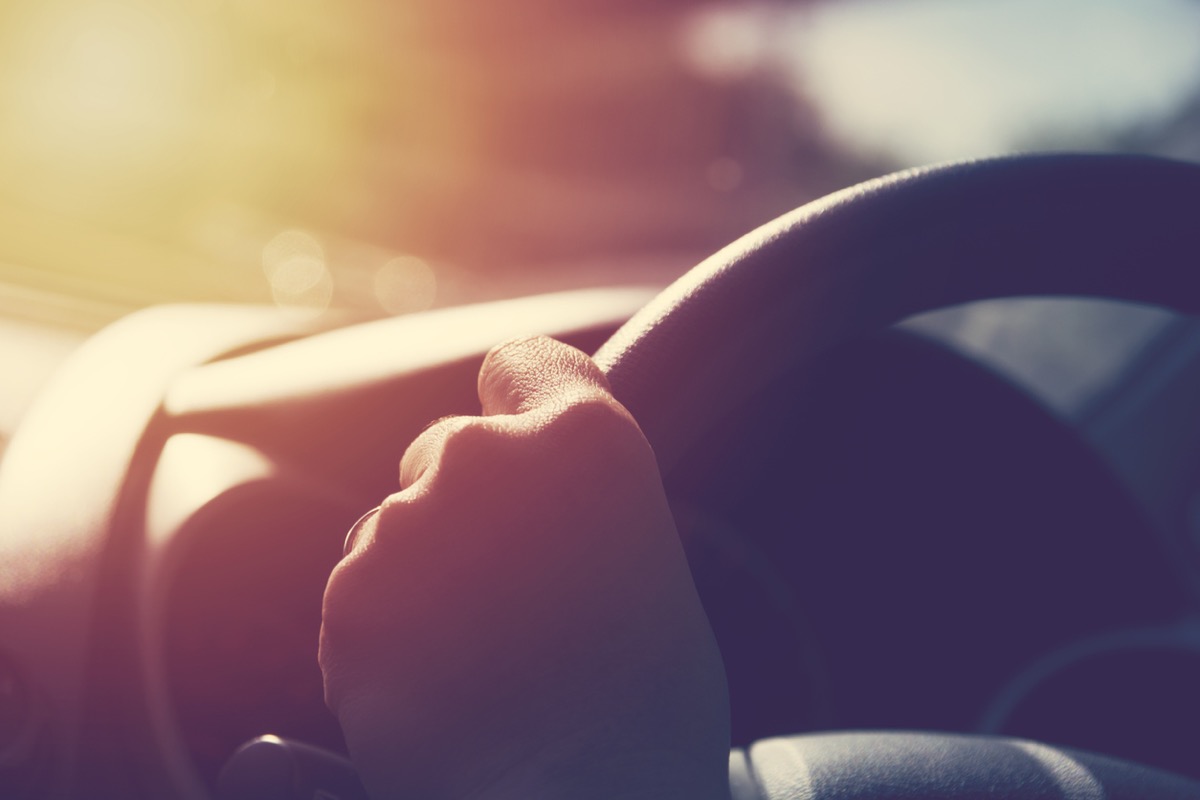
I was driving on familiar roads when I started experiencing torrential sweats, dizziness, searing heartburn, nausea, and a feeling that someone had gripped my jaw and it became immobile. Call it intuition combined with education, but I knew immediately that I was having a heart attack. Unlike the usual symptoms in men, there was no gripping my left arm, no chest pain, and no loss of consciousness, but I did lose good sense.
Rather than doing what I would have advised anyone else to do (pull over and call 911), I drove home, canceled an appointment with a client, and after a fleeting thought that I should get my sweaty self into the shower, I decided to drive myself to the ER 10 minutes away (a choice I chalk up to oxygen deprivation).
I stumbled through the hospital door and told the woman behind the desk, "I think I'm having a heart attack."
Within moments, I was whisked via wheelchair and prepped for a stent to be inserted into my heart to prop up a fully occluded artery. I remember thinking, "I can't miss work. I need that income." I had been taking care of myself financially since my husband had died 15 years earlier—and yet, even in that moment, I was worrying about everything but my health.
I also remember the nurse preparing me for the possibility of needing to have the stent threaded through the groin rather than wrist (the first is the traditional approach). "You're going to hate me, but I am only going to shave you on one side," she said. I asked if she could do a "landing strip" instead, and we both erupted in giggles. (Laughter is definitely the best form of medicine, even when you're having a heart attack.)
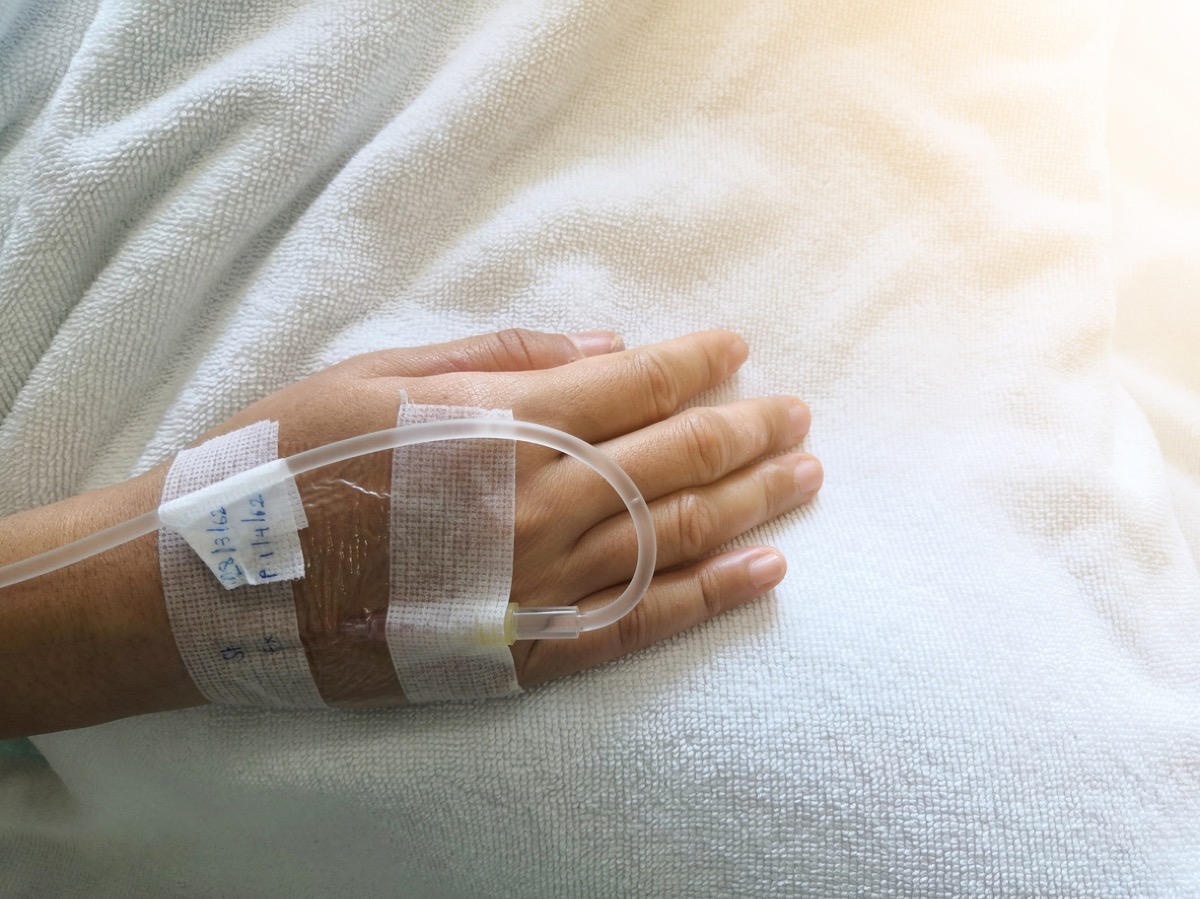
Luckily, that wasn't necessary, and today, I'm grateful that the pin hole in my right wrist is what remains, along with that extra part in my heart that makes me think of myself as the Bionic Woman. My surgeon showed me what my fully occluded artery looked like pre-stent (a broken, bent tree branch) and then post-stent (propped back up so the blood could flow through normally). He cautioned me not to let it happen again.
While recovering, I was reminded by hospital staff, family, and friends that a major lifestyle overhaul was in order. It turned out, my family predisposition (my mother died of congestive heart failure and my sister had had two heart attacks), diet, and sleep-wake imbalance lent themselves to this inevitable outcome. Apparently, working 14 hours a day, sleeping for five, and living off of pre-packed food high in cholesterol and sodium wasn't serving me well.
My personal support system wagged their collective fingers in my direction as they told me I needed to slow down dramatically and stop taking care of everyone else at my own expense. I realized at that moment that I had an active addiction: I was a Type A+ overachieving workaholic who thought she thrived on activity, but instead, suffered as a result of an almost non-stop urge to keep moving lest her real emotions catch up with her.
The idea of taking the two weeks off work that my doctor suggested in order to push the reset button frankly scared the crap out of me. Healing felt like work. I could barely take a step without getting winded. It was as if my lungs were a collapsed accordion straining to expand. I found myself lying on the couch, staring up at the ceiling fan spinning and wondering if I would ever regain my stamina.
I was fearful, not of death, but of incapacity, such that other people would need to take care of me. I couldn't imagine such a dramatic role reversal. I had transformed from Wonder Woman to the Bionic Woman, but who would I be if I wasn't everyone else's consummate caregiver?
While engaging in some much-needed introspection, I came to realize that I had not allowed myself the freedom to mourn my cumulative losses, to simply be instead of being on and to honor my own heart as I did the hearts of others. My longtime friend Barb, who has known me since we were 14, called me out on my behaviors as only a friend can. "You call yourself a woman of integrity but you have been lying to yourself," she said. "Every time you say you are going to slow down and you don't, you lose credibility with yourself." I had to reluctantly admit that she was spot on.
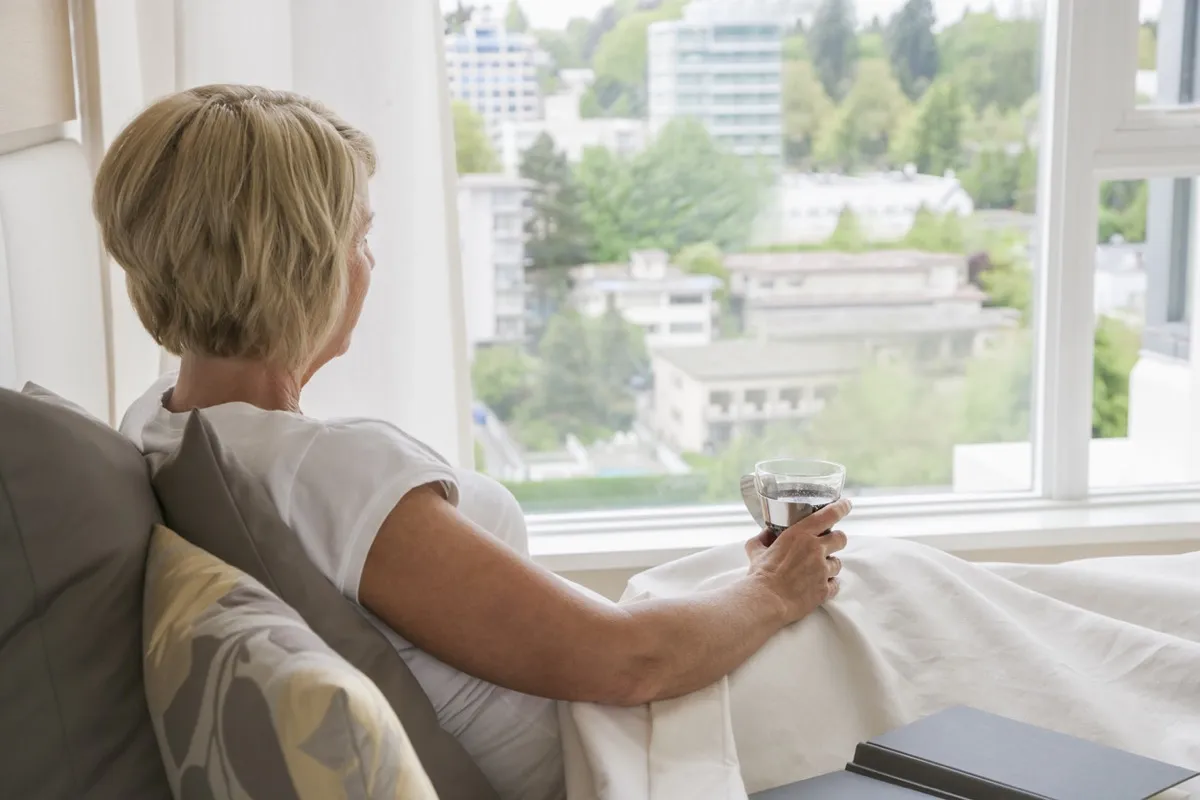
In addition to working on my mental wellbeing, I spent several months in medically supervised cardiac rehab. Eventually, I started a new and less stressful job as a journalist writing about wellness, mental health, and addictions. I changed my diet and on-going exercise routines and I started taking naps, which would have felt like a decadent indulgence pre-heart attack.
Five years later, I still work in several capacities: seeing clients in a slower paced therapy practice, and teaching classes, but cutting back hours dramatically.
Every June 12th since, I make sure to celebrate my "cardiaversary" joyfully and spread that joy via the Free Hug flashmobs I began doing in 2014. I walk around the Philadelphia region where I live, offering to embrace anyone who needs it, from folks in homeless shelters to Vietnam vets to people in train stations. They smile, laugh, and sometimes cry when we hug. My goal is to give them something conscious and concrete to do when they feel helpless to make a positive change in the world.
And frankly, I do it for myself as well. It helps me feel more connected to the world around me (and has brought me to Washington, D.C.; New York City; Portland, Oregon; and even Ireland). When I hug my way across the globe, I am not just the giver, but the recipient as well. Because in the years since my heart attack, I have learned the importance of taking care of my own physical and emotional heart—just as I would encourage others to do.
I say that the woman I was died on June 12, 2014 to give birth to the one who is typing these words. She had to, since she was killing me.
And if you want to know the signs of a heart attack to protect yourself, These Are the Heart Attack Warning Signs Hiding in Plain Sight.
To discover more amazing secrets about living your best life, click here to follow us on Instagram!
